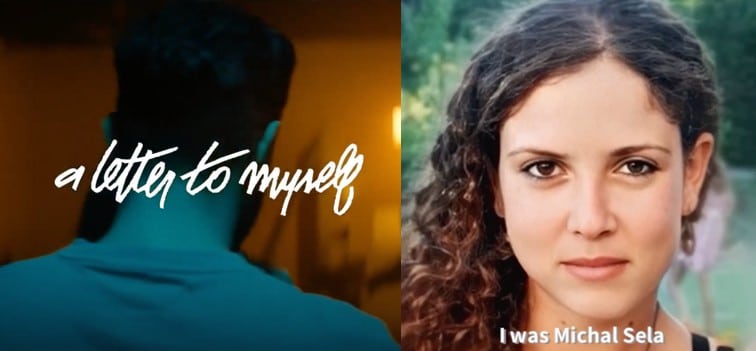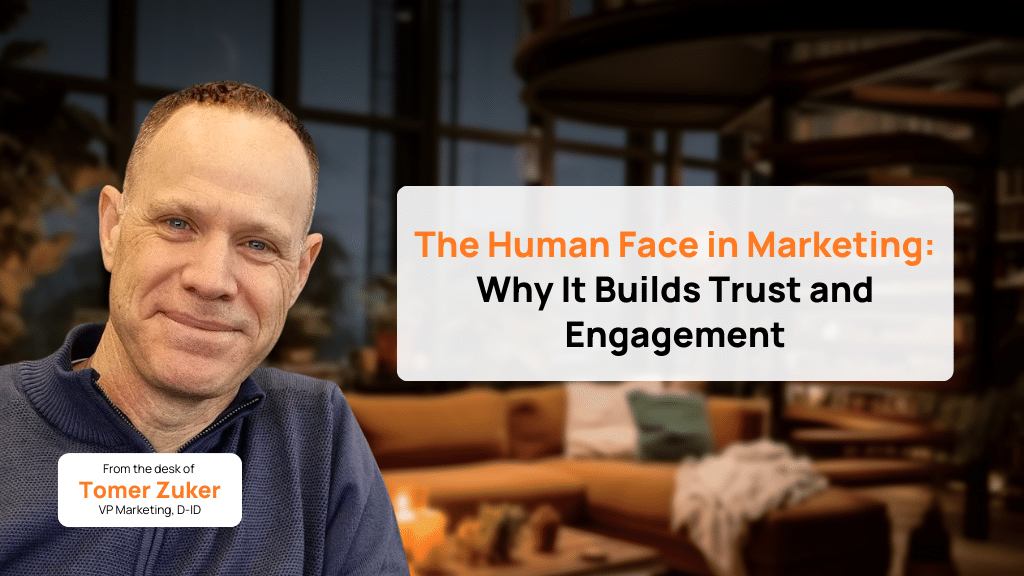Using AI to Touch Hearts and Raise Awareness

How charities and other pro-social organizations are using AI-powered technology to reach new audiences and drive emotional messages.
It’s funny to think of technology making us more human. The cool precision of most tech seems to move us closer to an automated, robotic world. However, at D-ID we believe that our products should help people feel more deeply and create more authentic human experiences. My Heritage’s Deep Nostalgia is a great example, where people were able to connect with generations past through our Live Portrait tool.
Over the past week, we’ve seen two very different organizations take our technology and create emotionally charged content with the potential to make a huge social difference.
Public Health France demonstrated a great application of our technology, to commemorate World HIV Day. In a video titled Letter To Myself, three HIV-positive individuals read a letter to themselves, reflecting on the day they discovered they were HIV positive and their lives since. In front of each reader is a photo of themselves from the time they were diagnosed, which has been animated by our Live Portrait tech.
The video is both moving and emotional. By going back in time to the moment when individuals thought their positive test was a death sentence, and telling the story of lives well lived, Public France Health promotes HIV screening while reducing the fear of what a positive result could mean.
Another project, Listen To My Voice, marked International Day for the Elimination of Violence Against Women. Our technology was used to animate still photos of domestic violence victims, using the voices of famous Israeli actresses to create powerful videos.
Michal Sela, who was killed by her husband in 2019, looks at the camera and tells viewers “In 2019, I was murdered by the man who was my husband, the killer Eliran Malul. And today, after I lost my life, I call on you: Listen to my voice.”
This collaboration between social tech entrepreneur Shiran Melamdovsky Somech, Israeli ad agency DIBOOR, Facebook, and others, allowed the women to tell their chilling stories in the hope that their message will encourage others who might be in the same situation to seek help before it’s too late.
Of course, image manipulation isn’t the only technology being used by NGOs to promote their mission and raise awareness. WaterAid launched a chatbot in 2018, inviting people to ‘Talk to Sellu’, a farmer in the Sierra Leone jungle, about life in a community without clean water.
Through the Chatbot, people were exposed to the health challenges facing those in the village of Tombohuaun without clean water, and how their lives changed when WaterAid got involved. They saw pictures of the family, learned about educational opportunities in that part of the world, and were given the opportunity to make a difference.
Mencap is another organization that uses chat to raise awareness and understanding. The organization advocates and supports those with learning disabilities, helping them get the educational and health resources that they need to live their lives. Through the chatbot, visitors engage with Aeren, a 28-year-old woman with a rare learning disability stemming from a chromosome abnormality.
Chat participants learn about the different types of learning disabilities, the challenges those people face, and find out how they can make a difference. It’s an effective use of technology that puts a human face on a big problem.
It is heartening to see the different ways technology is being used to make the world a better place.
We expect to see more pro-social organisations adopt technology to engage their audiences, build awareness, and solve problems. At D-ID, we are proud to take part in this important work and look forward to seeing the different ways organizations deploy our technology.
If you would like to talk to us about how our technology can create more interest for your organization, please get in touch.
Was this post useful?
Thank you for your feedback!


